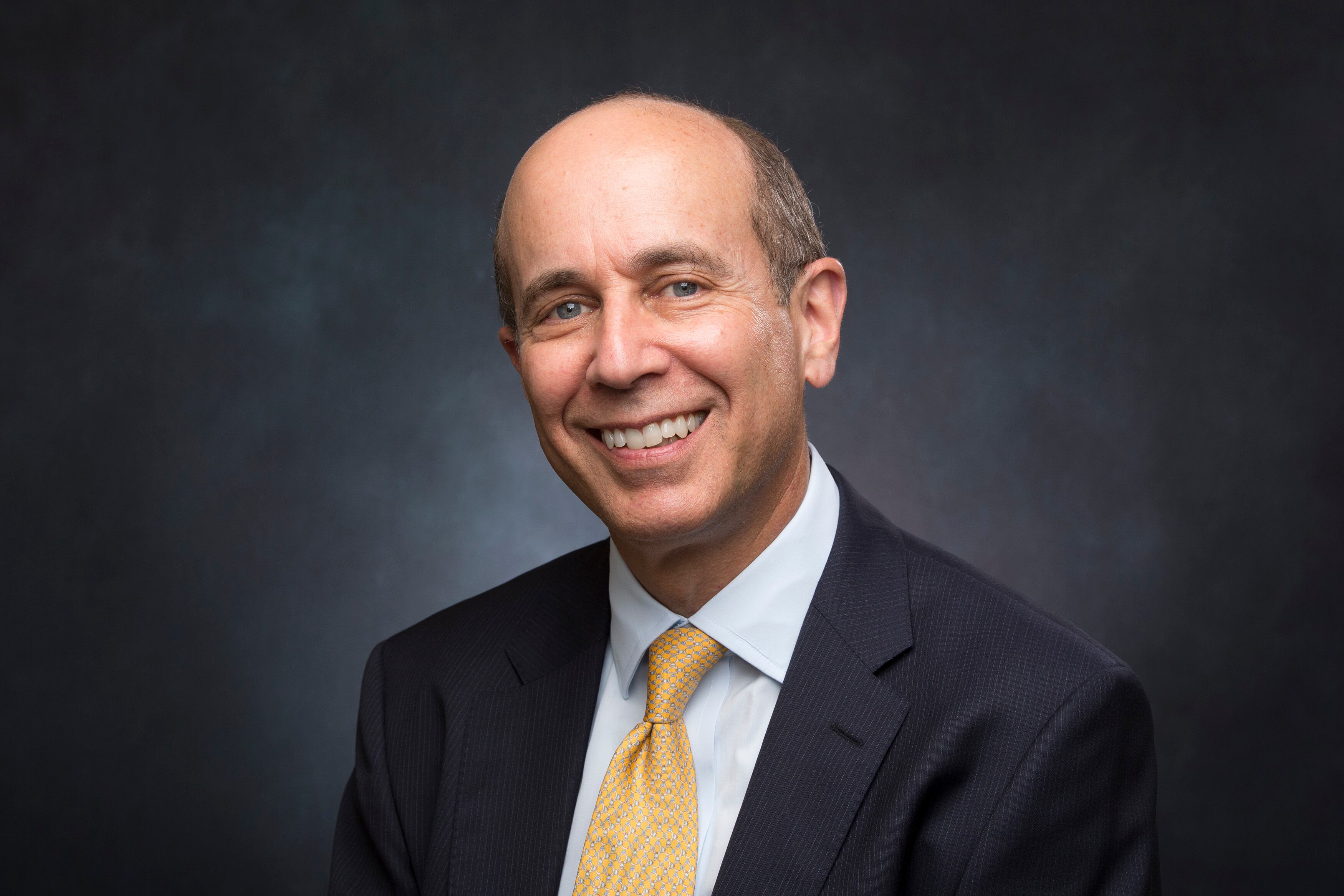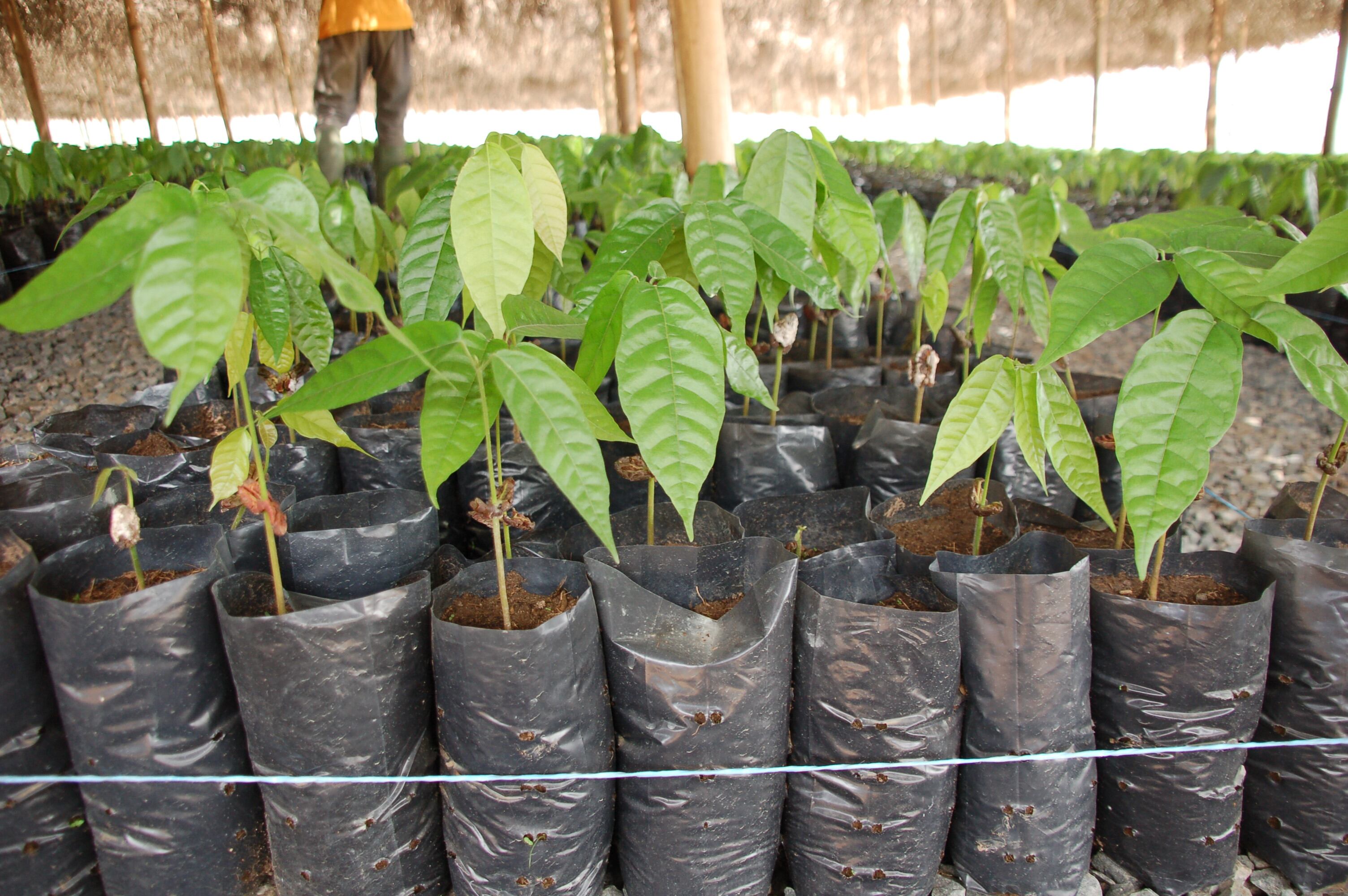Richard Scobey, who joined the industry organization as its president this July following a career at the World Bank, spoke to ConfectioneryNews ahead of WCF’s partnership meeting next week in Abjian, Côte D’Ivoire, from October 26 to 27.
Agri reforms and crop diversification
In his new role, Scobey said he would bring a stronger focus on policy and analysis.
“I believe that the productivity action of CocoaAction and WCF is critical to boost farmer yields and farmer income.
“But the productivity increases alone are not going to be enough to raise cocoa farmers above the poverty line.”

He said he hoped to partner with cocoa origin governments and financial institutions like the World Bank on agricultural policy reforms to promote crop diversification and other income generating activities.
NGOs and financing packages
The WCF president also said he plans to work closely with civil society organizations such as the VOICE Network.
He added: “One of the biggest challenges of scaling up sustainability in the cocoa sector is the need for significant additional medium-term financing to help farmers with the planting and rehabilitation of their farms…”
He said he would look to strengthen ties with the public sector and international financial organizations such as the African Development Bank to develop a financing platform for farmers.
Scobey has identified four main challenges facing the cocoa supply chain:
- Sustainable livelihoods for farmers
- Climate change and deforestation
- Child labor
- Swollen shoot virus
World Bank’s poverty definition

“The first is the need for stronger sustainable livelihoods of cocoa farmers. We have many of the six million global farmers in cocoa living below the poverty reduction line,” he said.
The new WCF chief said the goal would be to achieve farmer income of at least $1.25 a day, the World Bank’s poverty line.
Deforestation in Côte d’Ivoire
“The second challenge is clearly climate change and deforestation,” he continued.
He highlighted encroachment on protected forested areas from cocoa plantations in Côte d’Ivoire, the main cocoa growing nation.
A recent peer-reviewed study found three-quarters of land in 23 protected areas surveyed in Côte d’Ivoire, the world’s premier cocoa grower, had been transformed for cocoa production and found a positive correlation between cocoa farming and the absence of primate species.
Eliminating the worst forms of child labor
Scobey said: “The third challenge is clearly to accelerate progress in child labor….more work needs to be done to ensure elimination of the worst forms of child labor in cocoa production.”
An estimated 2.03m children were working in hazardous work – a proxy for the worst forms of child labor – during the 2013/14 cocoa season, up 18% from 2008/09, according to a report published last year by Tulane University.
“The fourth and final challenges relates to the spread of the cocoa swollen shoot virus in West Africa, which is really damaging significant swathes of the crop.”
Cocoa Swollen Shoot Virus Disease (CSSVD) has the potential to devastate production and farmer income, according to academic research. The current method to treat the disease is to cut out the infected tree.
Scobey called for a consolidated effort from industry, governments and the scientific community to develop an action plan to eradicate the virus.
